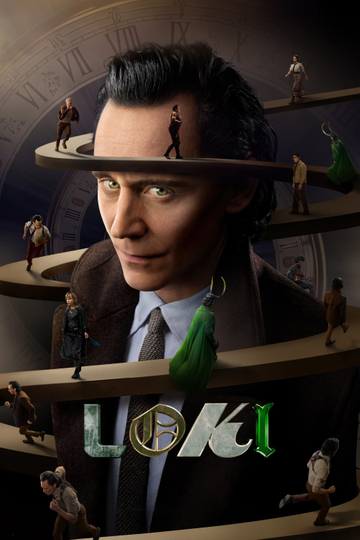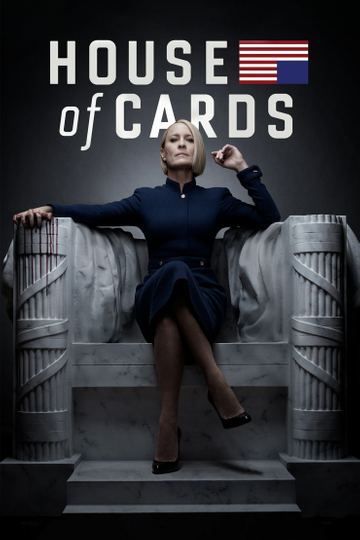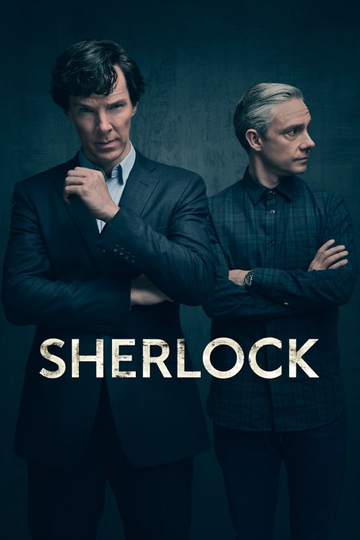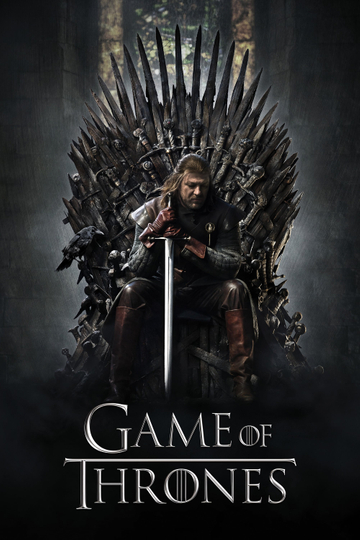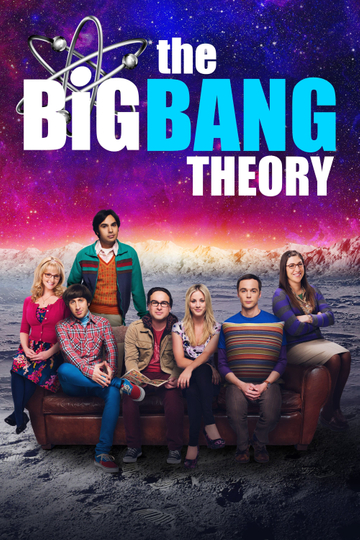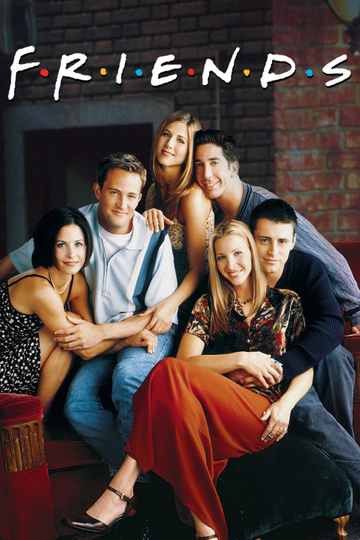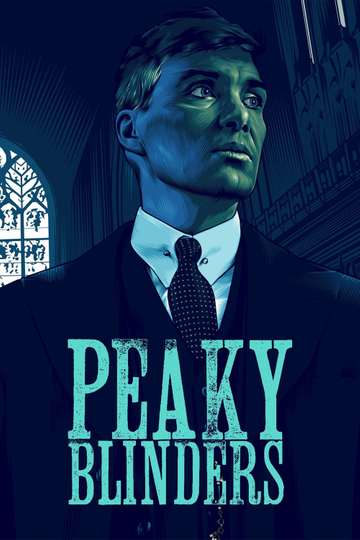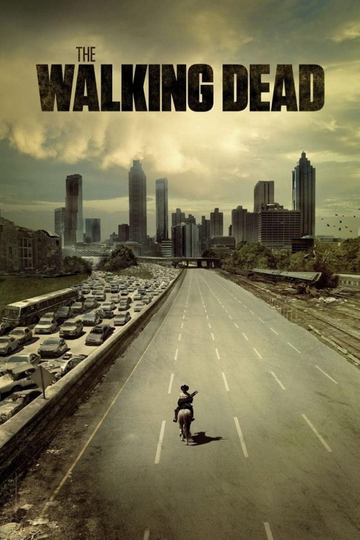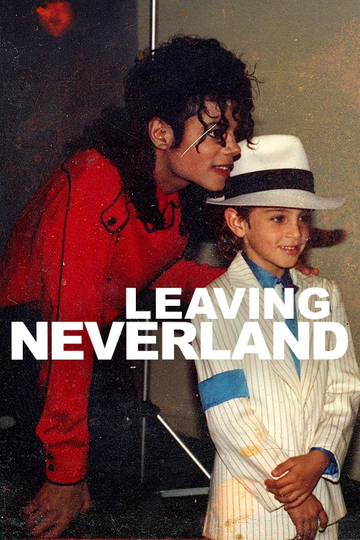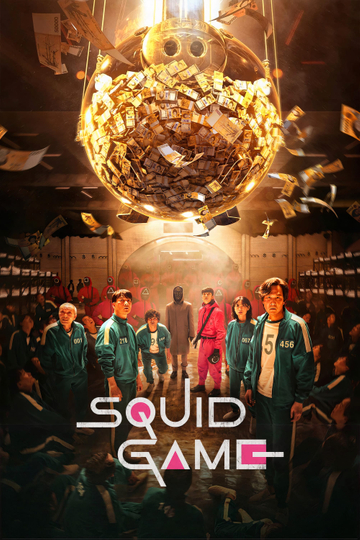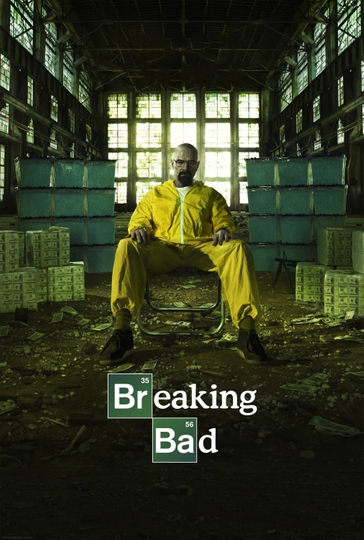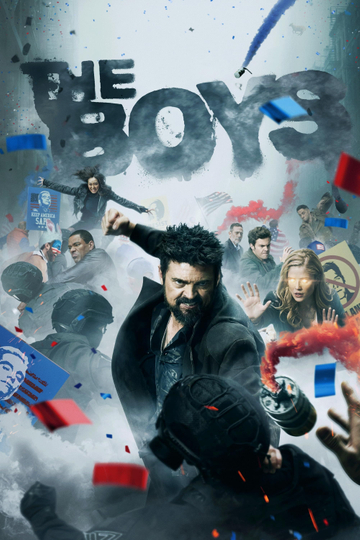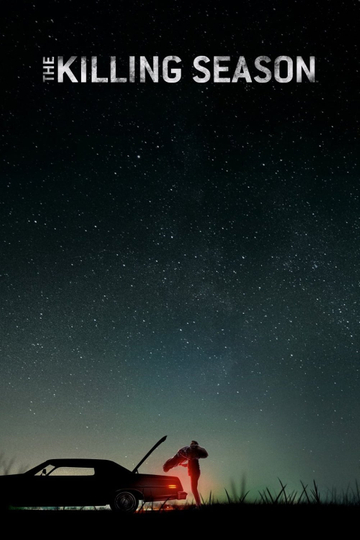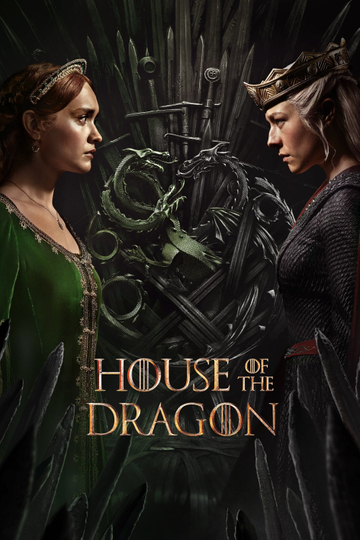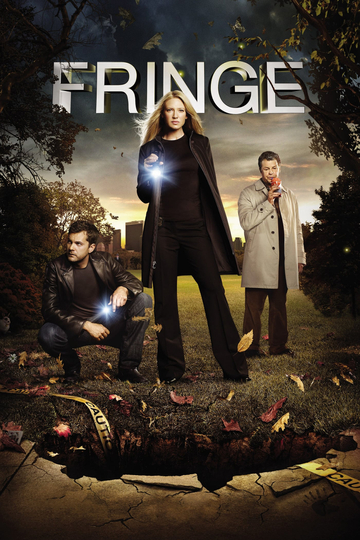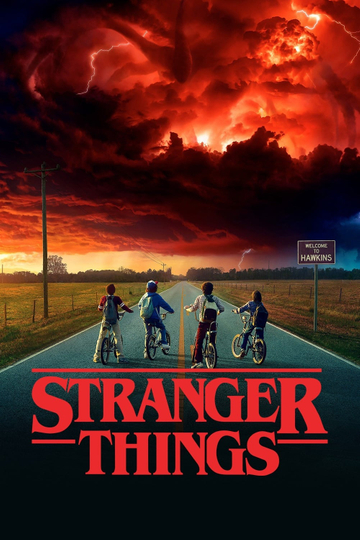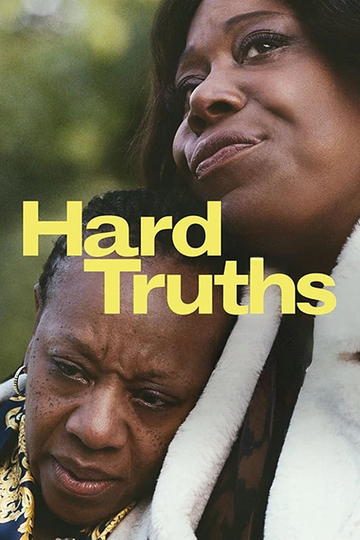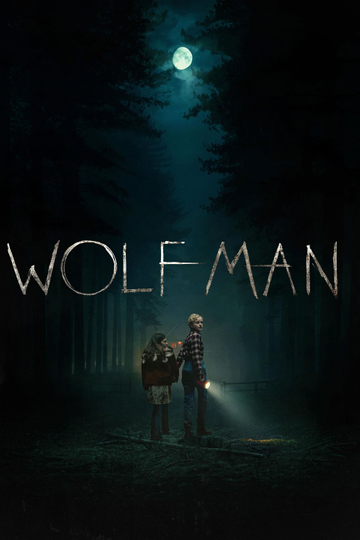Season 2017 Episodes
1. Zero Days: Nuclear Cyber Sabotage
Documentary thriller about warfare in a world without rules - the world of cyberwar. It tells the story of Stuxnet, self-replicating computer malware, known as a 'worm' for its ability to burrow from computer to computer on its own. In a covert operation, the American and Israeli intelligence agencies allegedly unleashed Stuxnet to destroy a key part of an Iranian nuclear facility. Ultimately the 'worm' spread beyond its intended target. Zero Day is the most comprehensive account to date of how a clandestine mission opened forever the Pandora's box of cyber warfare. A cautionary tale of technology, politics, unintended consequences, morality, and the dangers of secrecy.
2. The Great Literary Scandal: The JT Leroy Story
An inside account of a scandal that duped celebrities and the literary world. Former homeless youth JT LeRoy become an 'it boy' beloved by stars like Madonna and Courtney Love. His tough prose about his sordid childhood captivated icons and luminaries internationally. But in 2005 an article in a New York magazine sent shockwaves through the literary world when it unmasked JT LeRoy. It turned out LeRoy didn't actually exist. He was dreamed up by 40-year-old San Francisco punk rocker and phone sex operator Laura Albert. The JT LeRoy Story takes us down the infinitely fascinating rabbit hole of how Laura Albert breathed not only words but also life into her avatar for a decade.
3. Notes On Blindness
In 1983, after decades of steady deterioration, John Hull, a professor at the University of Birmingham, became totally blind. To help him make sense of the upheaval in his life, he began documenting his experiences on audio cassette. Over three years he recorded over 16 hours of material.
4. Life, Animated
Nominated for an Academy Award, this film tells the uplifting story of Owen Suskind, an autistic young man and his family. After unremarkable early years, at the age of three Owen withdrew and suddenly stopped speaking. Diagnosed with autism, Owen slowly emerged from his isolation by immersing himself in Disney animated films, using them as an emotional road map to reconnect with the wider world. Owen and his family describe the challenges he faced growing up and the understanding he drew from these stories. Oscar-winning director Roger Ross Williams tracks how by repeatedly watching these Disney classics, Owen learned to view the world as deep and complex, as well as inspirational and instructive. Life, Animated is a remarkable insight into Owen's unique way of seeing the world, and an emotional coming-of-age story as he leaves home and takes his first steps towards independence.
5. Killing For Love
Documentary about a compelling murder mystery, fuelled by a passionate young love affair. It all looked clear-cut when German student Jens Soering confessed to the brutal murder of his girlfriend's parents. But all was not as it seemed - by the time it came to trial, Jens was claiming he confessed to the murders to protect his beloved girlfriend, the beautiful Elizabeth Haysom - and that she had actually been the killer. Through access to the dramatic trials, love letters and new evidence, Killing for Love attempts to get to the truth of what happened on that fateful night. The 20-year-old Elizabeth Haysom was widely admired at the University of Virginia for her wild past. Jens Soering, the son of a German diplomat, was a first-year Jefferson Scholar and had just turned 18 when he met her. He was instantly entranced and they embarked on an intense, obsessive relationship.
6. Murder in Italy
On Friday, 26th November 2010, in the close-knit town of Bergamo, Letizia Ruggeri received a telephone call. It was Maura Gambirasio, a mother whose 13-year-old daughter Yara hadn't come home from the gym. Three months later, Yara's body was tragically discovered. With just one piece of DNA evidence to go on, Letizia started a hunt for a perpetrator that would take four years, 20,000 DNA samples, ingenuity and tenacity to find the identity of 'Unknown Male no 1'.
7. North Korean Kidnap: The Lovers and the Despot
The bizarre and sensational story of the despot who stole a film star. In 1978, North Korea's movie-loving dictator Kim Jong-il arranged for the Hong Kong kidnap of South Korea's leading lady, Choi Eun-hee. Choi had left South Korea in search of a new start. Her marriage to Shin Sang-ok, her long-term collaborator and one of the country's most successful filmmakers, had collapsed when Choi found out about his affair and second family with a younger actress. After her disappearance Shin, retracing her last known steps, also fell into the hands of Kim's kidnappers. Kim Jong-il had his prize. The golden couple of Korean cinema made movies at his command for seven years until, on a trip to Vienna, they eluded their minders and made a break for the American Embassy.
8. Last Days of Solitary
In 2011, Maine State Prison launched a pioneering reform programme to scale back its use of solitary confinement. Bafta and Emmy-winning film-maker Dan Edge and his co-director Lauren Mucciolo were given unprecedented access to the solitary unit - and filmed there for more than three years. The result is an extraordinary and harrowing portrait of life in solitary - and a unique document of a radical and risky experiment to reform a prison. The US is the world leader in solitary confinement. More than 80,000 American prisoners live in isolation, some have been there for years, even decades. Solitary is proven to cause mental illness, it is expensive, and it is condemned by many as torture. And yet for decades, it has been one of the central planks of the American criminal justice system.
9. OJ: Made in America - Part 1
Five-part series and winner of the 2017 Academy Award for Best Documentary chronicling the rise and fall of OJ Simpson. To many observers, the story of the crime of the century is a story that began the night Nicole Brown Simpson and Ronald Goldman were brutally murdered outside her Brentwood condominium. But as the first episode lays bare, to truly grasp the significance of what happened not just that night, but the epic chronicle to follow, one has to travel back to points in time long before that. To generations prior, when African-Americans began migrating to California en masse, trying desperately - and fruitlessly - to outrun the racism that had defined their lives. To the late 1960s, when in the heart of Los Angeles, OJ Simpson rose to instant fame as an unstoppable running back for the USC Trojans. To the early 1970s, when he expanded that fame in the NFL, becoming the first player ever to rush for 2,000 yards in a season, and emerging as one of the most visible faces in sports. And to a few years after that, when with his celebrity transcending the game, Simpson retired from American football and returned to Los Angeles - his acting, advertising, and broadcasting careers in ascendance. It was also then that he fell madly in love - with a young, beautiful woman named Nicole Brown.
10. OJ: Made in America - Part 2
There was never one Los Angeles, California. There were always two. One was the world inhabited by OJ Simpson - wealthy, privileged, and predominantly white. A world where celebrity was power, and where OJ - race be damned - was one of the most popular figures around, cultivating the perfect image, even if it hardly lined up with what lay beneath. Then there was the other LA, just a few miles away from Brentwood and his Rockingham estate, a place where millions of other black people lived an entirely different reality at the hands of the Los Angeles Police Department. It was in that 'other' Los Angeles where riots erupted in 1992, and more than 50 people died with thousands more injured. The city burned for nearly a week that spring, laying bare all the anger, and all the alienation, that black people in Los Angeles felt towards the police. For his part, back in Brentwood, OJ Simpson had other concerns.
11. OJ: Made in America - Part 3
The police arrived at the condo on Bundy Drive at 4:25 a.m. on June 13th, 1994. It was a gruesome murder scene, clearly the result of a violent confrontation that had left two people dead - one of whom, they'd quickly discover, was the estranged wife of OJ Simpson. It was just the start of a chapter of American history like none other, one that would lay bare the realities of race, power, the legal system, the media, and so much more in Los Angeles, California and far beyond. Two decades later, the disagreements between the figures at the centre of investigating the case are still palpable. The events of June 17th 1994 are nearly as unfathomable as they were as they unfolded. And the beginnings of the battle in the courtroom are just as fascinating - the defence's strategy, just as unambiguous. OJ Simpson had spent his entire life running from the colour of his skin. Now, in so many ways, he was going to depend on it to avoid spending the rest of his life in prison.
12. OJ: Made in America - Part 4
In January 1995, the trial of the century took place. It would be like nothing before it, nor anything that's come since, and reshape the landscape of the media and, truly, American culture along the way. Over the better part of ten months, there would be dozens of dramatic twists and turns, revelations and surprises, accusations and betrayals. The recollections of so many of the case's protagonists make for section after section of riveting film, all bringing back to life a trial that somehow evolved into a phenomenon that left the brutal murders of two people deep in forgotten shadows. Nothing, though, proved larger than the context - of everything that came before in the Los Angeles that OJ Simpson never knew. And in the trial's closing arguments, the dividing line of race - in Los Angeles, and America - was never starker.
13. OJ: Made in America - Part 5
On the morning of October 3rd 1995, it was announced that OJ Simpson had been found not guilty of all charges. To many Americans, it was a stunning, almost explicable miscarriage of justice; a tragedy; a disturbing example of what money and power could buy in America. But to another group, it was an historic victory - payback for all the losses and all the injustice that they'd incurred over generations of history. As black America rejoiced, OJ went home, beginning what would become the strange, next phase of his life, a life lived in a form of celebratory purgatory - in many quarters shunned, scorned, and mocked, but in others, welcomed as a character in the circus that his saga had undeniably helped to create. From running from a guilty verdict in a wrongful death suit to working on a book that was a 'hypothetical conviction', his existence became more and more outlandish, until it all came crashing down on a night in 2007 in Las Vegas.
14. Tokyo Girls
Girl bands and pop music permeate Japanese life. This film gets to the heart of a cultural phenomenon driven by an obsession with young female sexuality and internet popularity. Meet Rio - a bona fide Tokyo idol who takes us on her journey toward fame. Now meet her 'brothers' - a group of adult male superfans who devote their lives to following her, in the virtual world and in real life. Once considered to be on the fringes of society, the brothers who gave up salaried jobs to pursue an interest in female idol culture have since become mainstream via the internet, illuminating the growing disconnect between men and women in hypermodern societies. Tokyo Girls explores the Japanese pop music industry and its focus on traditional beauty ideals, confronting the nature of gender power dynamics at work. As the female idols become younger and younger, the film looks at the veil of internet fame and the new terms of engagement that are playing out in real life around the globe.
15. Oink: Man Loves Pig
Oink explores man's relationship to pigs, diving headfirst into a beguiling mix of sentimentality and violence - from keeping pigs in your bed to factory farming. The documentary veers wildly from the birth of Dorothy, our saddleback narrator, to zeno-transplantation of organs, from Ralph Steadman cartoons for Animal Farm to wild hogs being machine-gunned from a helicopter. Oink is a mad, bad journey from China to Wiltshire via Brooklyn, which reflects on who we are and how we deal with the world around us.
16. This Was My Dad: The Rise and Fall of Geoffrey Matthews
A profoundly intimate documentary filmed by Bafta-winning director Morgan Matthews over a period of more than ten years in the life of Morgan's father Geoff and his wonderfully eccentric partner Anna. In an attempt to reconnect with his dad after becoming estranged, Morgan uses the camera as both a facilitator and a filter that enables him to stay close during challenging times. The film follows Geoff and Anna through a financial crisis that sees them losing their home, it captures the challenges of their relationship, and documents the decline in Geoff's health as a result of emphysema and cancer. With the warmth, love and humour that is so often mixed up in family dramas, this is a documentary made from the inside by a film-maker who is used to turning his camera towards other people's families - but never his own. The result is deeply personal, but the themes of a challenging paternal dynamic, a relationship under pressure, and death in the family, are widespread and universal.
17. The Great European Cigarette Mystery
The former EU commissioner of health, Mr John Dalli, recently left his post having been accused of being in the pocket of 'big tobacco'. Two Danish journalists, Mads Brugger and Mikael Bertelsen, travel to Malta expecting to uncover proof of a vast conspiracy against Mr Dalli, when a secret source steps forward, claiming to possess documents and recordings. Mr Dalli attempts to strike a deal with the source, taking them on a disturbing, thrilling and darkly humorous odyssey from the hallways of Brussels to an island in the Caribbean Sea.
18. Accidental Anarchist: Life Without Government
Carne Ross was a career diplomat who believed western democracy could save us all. But after the Iraq war he became disillusioned and resigned. This film traces Carne's worldwide quest to find a better way of doing things - from a farming collective in Spain, to Occupy Wall Street to Rojava in war-torn Syria - as he makes the epic journey from government insider to anarchist.
19. Queerama
Created from a treasure trove of archive, Queerama traverses a century of gay experiences, encompassing persecution and prosecution, injustice, love and desire, identity, secrets, forbidden encounters, sexual liberation and pride. The soundtrack weaves the lyrics and music of John Grant, Goldfrapp and Hercules & Love Affair with the images and guides us intimately into the relationships, desires, fears and expressions of gay men and women in the 20th century- a century of incredible change.
20. Out of Thin Air: Murder in Iceland
In 1974 two men vanished several months apart. Iceland, with a population of just over 200,000, was a close, tight-knit community where everyone knew everyone, but the police got nowhere: there were no bodies, no witnesses and no forensic evidence. Then six suspects were arrested and confessed to the murders, many facing long, harsh sentences. It seemed like justice had been done, but nothing could be further from the truth. Forty years later, this notorious murder case was reopened when new evidence brought into question everything that had gone before. It became clear that the suspects had very quickly lost trust in their memories and were confused about their involvement in the crimes they had confessed to. The extreme police interrogation techniques were brought under intense scrutiny.
21. Silk Road: Drugs, Death and the Dark Web
Documentary looking at the black market website known as the Silk Road, which emerged on the darknet in 2011. This 'Amazon of illegal drugs' was the brainchild of a mysterious, libertarian intellectual operating under the avatar The Dread Pirate Roberts. Promising its users complete anonymity and total freedom from government regulation or scrutiny, Silk Road became a million-dollar digital drugs cartel.
22. The Boy Who Changed America
On 25 November 1999, a six-year-old Cuban boy was found floating alone off the Florida coast after his mother drowned during an attempt to escape Cuba for the United States. Set against the tense and acrimonious relationship between the two countries, The Boy Who Changed America tells the story of Elian Gonzalez and the bitter custody battle that played out in the aftermath of his rescue between his Cuban father and American relatives. Eighteen years later and in the wake of Fidel Castro's death, the now 23-year-old Elian and his family tell their story for the first time
23. The Work: Four Days to Redemption
Set inside one room in Folsom Prison in California, this film follows three men from outside as they take part in a four-day group therapy retreat with convicts serving long sentences for violent or gang-related crimes including murder, assault and robbery.
24. Coming Home: Bowe Bergdahl vs the United States
The story of the homecoming of US Army sergeant and former Taliban prisoner Bowe Bergdahl, after five years in captivity. After walking off his post in Afghanistan in 2009, US Army sergeant Bowe Bergdahl was captured by the Taliban and held in captivity for five years. This documentary by the film-maker and former Taliban hostage Sean Langan, who gained exclusive access to the former POW and his family, gives a unique perspective on Sgt Bergdahl's incredible story.
25. Toffs, Queers and Traitors: The Extraordinary Life of Guy Burgess
It was a scandal that shook the British establishment to its roots. In June 1951, the government was forced to admit that two Foreign Office diplomats had disappeared. One of them, Donald Maclean, had slipped through their fingers three days before he was due to be questioned for passing secrets to the Russians. The other, Guy Burgess, was a total surprise. He was a charming, clever Etonian, with powerful friends everywhere. And lovers too - at a time when homosexuality was illegal, Burgess made no secret of his sexual tastes. He turned out to be the most flamboyant of a ring of privileged Cambridge students who had secretly joined the Communists in the 1930s, disgusted by their own government's policy of appeasing Hitler. With the help of newly declassified documents, George Carey's film shows how the most celebrated spy ring of the 20th century grew out of the class system, sexual hypocrisy and the sheer incompetence of some people who then ran Britain.
26. My Mother's Lost Children
A Storyville documentary: an eccentric Jewish family is thrown into turmoil when two stolen children reappear after 40 years.
27. Last Men in Aleppo
After five years of war in Syria the remaining 350,000 citizens of Aleppo are constantly under siege. Through the eyes of the volunteers of the White Helmets, in this film we experience daily life and death in the streets of Aleppo. Khalid, Subhi and Mahmoud are founding members of the White Helmets and are the first to enter destroyed buildings, scouring through the rubble in search of bodies and signs of life. They have chosen to stay in Aleppo to help save their people during the never-ending siege. Many lives including those of countless children and infants are lost during the bombings. But each day is a dilemma and a conflict for the men - should they stay and risk death themselves, or should they try to get out and save their own families, as other have? The film is a collaboration with the Aleppo Media Centre, and tells the extraordinary story of real heroes in an epic human tragedy.
28. The Farthest: Voyager's Interstellar Journey
Twelve billion miles away a tiny spaceship is leaving our solar system and entering the void of deep space. It is the first human-made object ever to do so. Slowly dying within its heart is a plutonium generator that will beat for perhaps another decade before the lights on Voyager finally go out. But this little craft will travel on for millions of years, carrying a Golden Record bearing recordings and images of life on Earth. The story of Voyager is an epic of human achievement, personal drama and almost miraculous success. Launched 16 days apart in 1977, the twin Voyager space probes have defied all the odds, survived countless near misses and almost 40 years later continue to beam revolutionary information across unimaginable distances. With less computing power than a modern hearing aid, they have unlocked the stunning secrets of our solar system. This film tells the story of these magnificent machines, the men and women who built them and the vision that propelled them farther than anyone could ever have hoped.
29. When Rock Arrived in North Korea: Liberation Day
To the surprise of a whole world, the ex-Yugoslavian now Slovenian cult band Laibach became the first rock group ever invited to perform in the dictatorially repressed state of North Korea. Under the firmguidance of an old fan turned director and cultural diplomat, Laibach must deal with strict ideology, cultural differences and many technological difficulties in order just to perform. Struggling to get their songs through rigorous censorship, they race against the clock so they can be unleashed on an audience never before exposed to alternative rock'n'roll.












